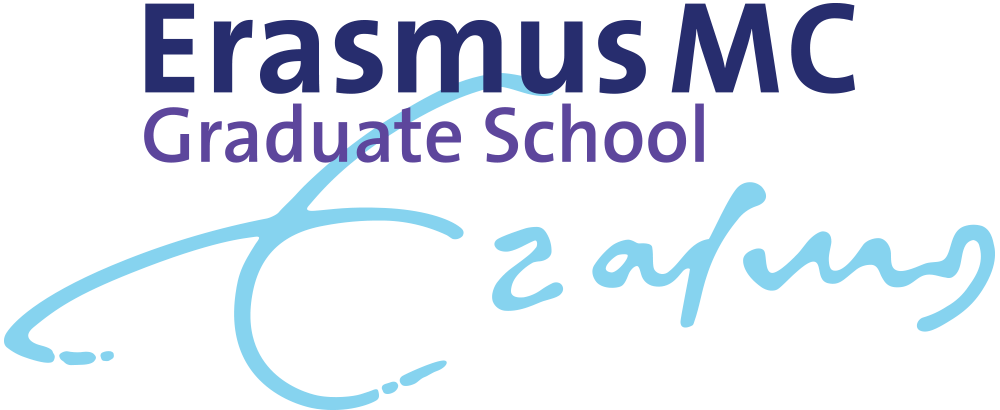Research Themes
- Intensive Care
- Oral and Maxillofacial Surgery
- Plastic, Reconstructive and Handsurgery
- Biostatistics
- Medical Psychology and Psychotherapy (MPP)
- Health Decision Sciences
- Public Health
- Genetic Epidemiology
- Clinical Epidemiology
- Medical Informatics
- Musculoskeletal Science
- Rehabilitation Medicine
- Surgical Research
- Gastroenterology & Hepatology
- Transplantation Medicine
- Urology
- Periconception and Prenatal Medicine, Obstetrics and Reproduction
- Pediatric Research
- Gynaecology and Gynaecologic Oncology
- Haemato-Oncology
- Cardiovascular research
- Endocrinology, Neuro-Endocrine Immunology, and Clinical and Medical Immunology
- Imaging Studies
Medical Oncology
Prof. dr. R.H.J. Mathijssen (coordinator), dr. E. Wiemer, prof. dr. R. Debets, , prof. dr. J.W. Martens, prof. dr. K. van der Rijt, dr. M. Lolkema, dr. M. Hooning and dr. A. Jager.
‘Cancer develops through an accumulation of (epi) genetic alterations. The selection of cells with crucial defects allows survival and growth advantage. Ultimately this results in invasive and metastatic cancer cells that can survive and grow outside their normal niche. It is the metastasis, originating from the primary tumour, which is the ultimate threat to the patient, as is therapy failure.’ Our successful discovery of profiles for resistance continuous, as this will lead to the discovery of novel targets for treatment.
Research within the main theme ‘Medical Oncology’ concerns mostly solid cancers. The main goal of this theme is to understand human solid cancers at the molecular mechanistic level and to apply this knowledge in the clinic, thus translational research. We improve methods for screening, diagnosis, prognosis and treatment, through all kinds of ‘-omics’ (genomics, transcriptomics, proteomics, pharmacogenomics), (gene)-therapy and functional therapeutic targeting approaches. In all studied diseases the research strategy is primarily based on investigation of patient cohorts and tumor samples, circulating tumor cells and body fluids (so called liquid biopsies) of the included patients. The direct study of the patient material is supported by study of in vitro and in vivo models systems: cell lines, xenografts and genetically modified mice.
Sporadic and hereditary breast tumors, for example, have been examined using a wide variety of molecular approaches, for example gene-expression-, miRNA-, DNA-methylation-, and or SNP-arrays. Besides, advanced mass-spectrometry and kinase-chip assays are used. These data are linked to pathological and clinical outcomes, with the ultimate goal to better classify cancer which will lead to personalized cancer therapy. As a consequence the program covers a range of programs from basic to clinically applied research.
Research programs:
- Tumor Immunology, (contact: R. Debets),
- Cancer Genomics and Proteomics and (contact: J. Martens)
- Palliative and Supportive care (contact: K. v der Rijt)
- Translational Pharmacology/Personalized Medicine (contact: R.H.J. Mathijssen)
The Department of Medical Oncology (see website for actual research and teaching programs and respective coordinators) has an initiating and leading position both for the laboratory as well as the clinical activities. Papers are numerous and published in highly ranked journals. The research program is solidly embedded and interactive with investigators in scientific groups and networks in a broad (inter)national context. These include cooperative clinical trial groups, European consortia and outstanding scientific groups.

